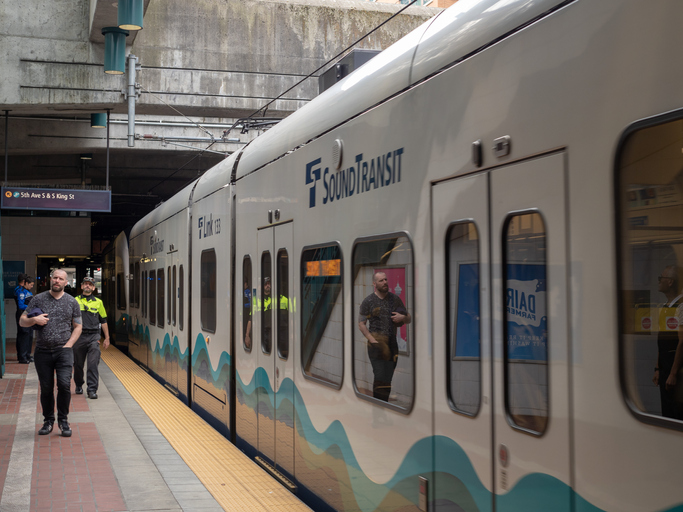Related Articles
In Washington state, gas tax revenue and state vehicle license fees are legally protected by the 18th Amendment to the Washington State Constitution, which states:
“All fees collected by the State of Washington as license fees for motor vehicles and all excise taxes collected by the State of Washington on the sale, distribution or use of motor vehicle fuel and all other state revenue intended to be used for highway purposes, shall be paid into the state treasury and placed into a special fund to be used exclusively for highway purposes.”
Under this provision, state gas taxes and vehicle license fees paid by drivers cannot be used for non-highway purposes. As a result, the gas tax is (for the most part) a true user fee.
Before people passed the 18th Amendment, gas tax diversion was a serious and costly problem. Politicians began to spend gas tax money on programs not related to roads and highways. More than $10 million in gas taxes were diverted to other purposes in the 10 years between 1933 and 1943. Washington voters saw this diversion as unfair and added the 18th Amendment to the state constitution in 1944 to fix the problem.
Although the gas tax is currently protected for highway purposes, the mileage tax would be a new source of revenue that may not be protected due to public officials’ overwhelming preference for expanding public transportation.
If mileage tax revenue is not protected in the same way a gas tax is, then the mileage tax would not be a true replacement because it would serve a different purpose.
It may also be difficult for the public to believe 18th Amendment protections would be respected because officials often find ways to divert other taxes and fees paid by drivers to non-highway purposes. This includes diversion of transportation-related fees, motor vehicle excise taxes, and roadway tolls, all to subsidize other travel modes.
Today, transit boosters frequently advocate for increasing the gas tax to incentivize more people to use transit, as well as using gas tax money paid by drivers to fund “sustainable transportation.”
As a part of its legislative agenda, the political transit advocacy group, Transportation Choices Coalition, advocates for a “pay-as-you-drive system” that “will provide the level and flexibility of revenues to ensure our transportation system is well maintained and that Washington can pursue a wide variety of transportation choices.” This language suggests that money collected from drivers in a mileage tax system should benefit other modes of travel, like public transportation.
While public transportation is important, especially in dense urban areas, it is not a highway purpose, is not underfunded, and should not take in vehicle-related taxes and fees paid by drivers. One of Transportation Choices Coalition’s employees is a commissioner on the Washington State Transportation Commission (WSTC), which is leading the Road Usage Charge Pilot Project to test this pay-per-mile tax system.
Diversion of money from drivers to non-highway purposes is a policy choice, and policy choices made by public officials – not money collected from drivers – are the problem. The 18th Amendment protects gas tax money collected from drivers and helps ensure that it is spent the way the public wants it to be spent - on relieving congestion and improving mobility on highways. Severing a pay-per-mile tax from the 18th Amendment so that government can choose how that money should be spent would erode public trust and all but ensure less money would go to roads.



